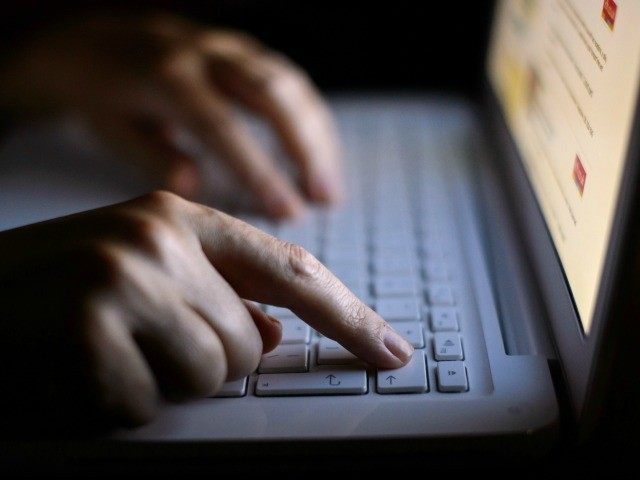Pope Francis warned of the dangers of misinformation on the Internet on Saturday, while extolling his contributions to modern communication.
In his written message for World Communications Day 2021, to be celebrated on May 16, 2021, the pope focuses on the need for journalists and writers to have real experiences, real encounters and not live in isolation in a virtual world.
“Insightful voices have long expressed concern about the risk that original investigative reports in newspapers and television, radio and web news will be replaced by a report that follows a pattern, often biased narrative,” says the pontiff. “This approach is less and less able to apprehend the truth of things and people’s concrete lives, much less the most serious social phenomena or positive movements at the grassroots level.”
The pope also warns of a report version “created in newsrooms, in front of personal or business computers and on social networks, without ever ‘going out on the streets’, meeting people face to face to research stories or check certain situations first hand” .
The personal encounter is essential, defends Francisco, because, on the contrary, we remain “mere spectators”, despite the technical innovations that may allow us to feel immersed in a bigger and more immediate reality.
Journalism “requires the ability to go where no one thinks of going: readiness to leave and desire to see”, he insists while expressing his gratitude for “the courage and commitment of all these professionals – journalists, camera operators, editors, directors – who they often risk their lives in carrying out their work. “
In his message, the pope also warned of the first world-centered media outlets that forget to report the news from Asia, Latin America and Africa in detail.
“The internet, with its many expressions on social media, can increase the ability to report and share, with much more eyes in the world and a constant flood of images and testimonies,” says the pope. “Digital technology gives us the possibility to obtain first-hand information in a timely manner, which is often very useful.”
At the same time, “the risk of disclosing incorrect information on social networks has become evident to everyone,” he says. “We have known for some time that news and even images can be easily manipulated, for a variety of reasons, sometimes simply out of pure narcissism.”
The pope did not enter the debate on Big Tech’s censorship and freedom of speech, limiting himself to demanding “greater discernment and responsibility for the content sent and received”.
“We are all responsible for the communications we make, the information we share, the control we can exercise over the fake news, exposing it,” he continues.
“Each tool has its value, and that great communicator who was Paulo de Tarso certainly would have used e-mail and social messages”, says Francisco, while insisting that the Gospels themselves were, and still are, “news”.
